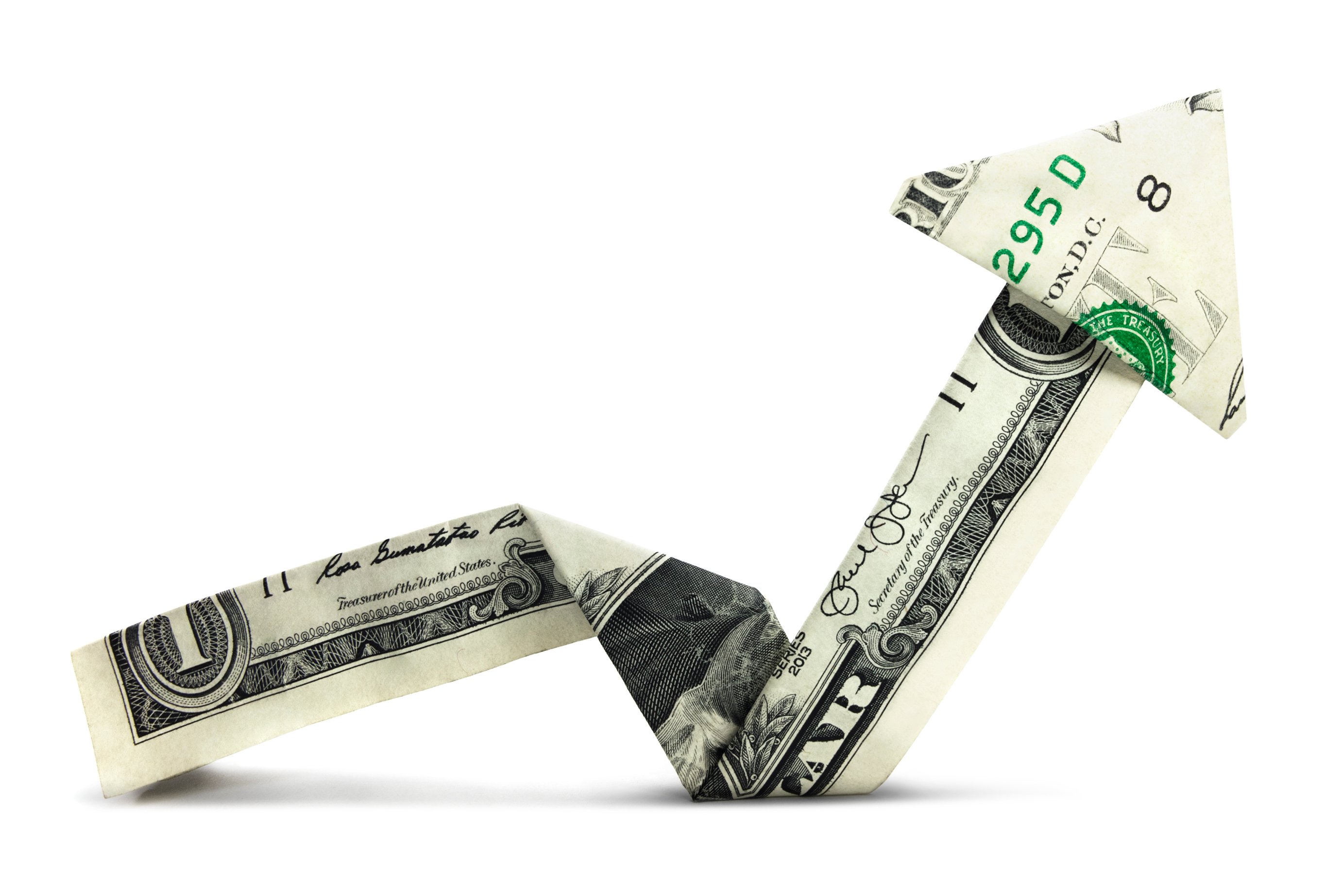It's a tough time right now for Pandora Media (P +0.00%). A few weeks back, we published an article titled "Pandora's Make or Break Quarter" which discussed how two months of disappointing user metrics and increasing competition from Apple (AAPL +0.90%) and Google (GOOG 0.35%) made shares of Pandora a risky proposition. Last week, the company beat consensus estimates but sold off by as much as 15% within the first hour of trading. Sell-side investment research companies made positive comments about the quarter, with Needham even going so far as to reiterate Pandora as its top pick for 2014.
After beating estimates, raising guidance for the full year, and receiving accolades from the sell side, a company's shares would usually trade up on heightened expectations for growth. So why is Pandora down? Maybe the fund managers see something the sell side doesn't?
Financial results looked very good but guidance was light
Revenue of $194 million beat consensus of $181 million and helped the company beat the consensus by a penny, with a loss per share of $0.13. Guidance for the second quarter was weak, though, as a range of $0.00-$0.03 was less than the expected $0.05. Even though management raised the guidance range for the full year by a penny to $0.14-$0.18, it didn't seem to quell investor fears about increasing competition. The reason for this might be because the increased guidance was only $10 million, and the company beat by $13 million. The increase in guidance didn't account for the full amount of upside in the quarter.
The problem is out of management's hands
Usually, when a company lowers near-term guidance and raises long-term guidance, it's an admission of a temporary problem that can be worked through operationally. That doesn't seem to be the case here. The issue is external. If increasing competition ends up diluting the Pandora brand, the only way that management can respond is by increasing spending. They can market more to try to drive subscriber growth. They can put on free concerts to highlight new artists. They can do a whole host of things to increase the prominence of the brand. But it all costs money.
Competition is increasing dramatically.
Apple is trying to take share in the online music market by sponsoring live music events. In June, the company is sponsoring a Maroon 5 concert in a play right out of Pandora's book. Apple has also grown beyond the U.S. borders with a launch into Australia and New Zealand, although MacWorld announced a hack that makes iTunes Radio available in the U.K. here. On its earnings call, Apple didn't even mention iTunes radio, but it has overtaken Spotify to occupy the third place in the industry, according to a survey by Statista and Edison Research.
Google is in the game as well, but not as aggressively. It released Google Play Music, which has lagged behind other services but is benefiting from the strength of the Google brand and ecosystem. The service is little changed since the launch, subscribers get access to more than 20 million songs for $9.99 per month, but they can't create customized radio stations.
That said, partners and admirers of the technology are advancing the platform for Google. In April, Sonos added Google Play Music to its platform so users can cast songs directly to Sonos speakers. Perhaps more importantly, a hack was introduced for Google Play Music to allow users to stream music onto AirPlay-enabled devices.
Too risky for individual investors
As firms like Piper Jaffray, which is recommending people buy on weakness , and Credit Suisse, which is raising its price target, are ignoring the obvious signs of deteriorating profitability, we urge investors to look at the fundamentals and take a long-term view. There is just too much risk here.








